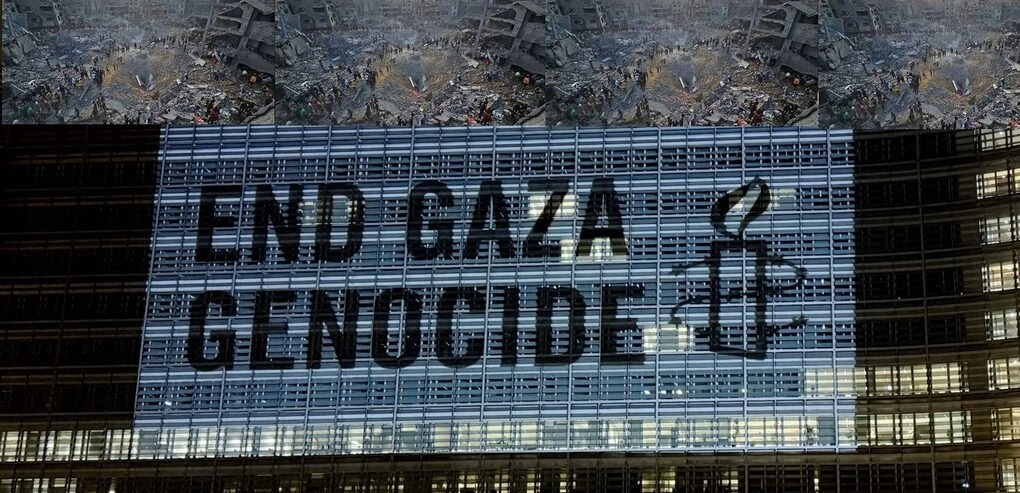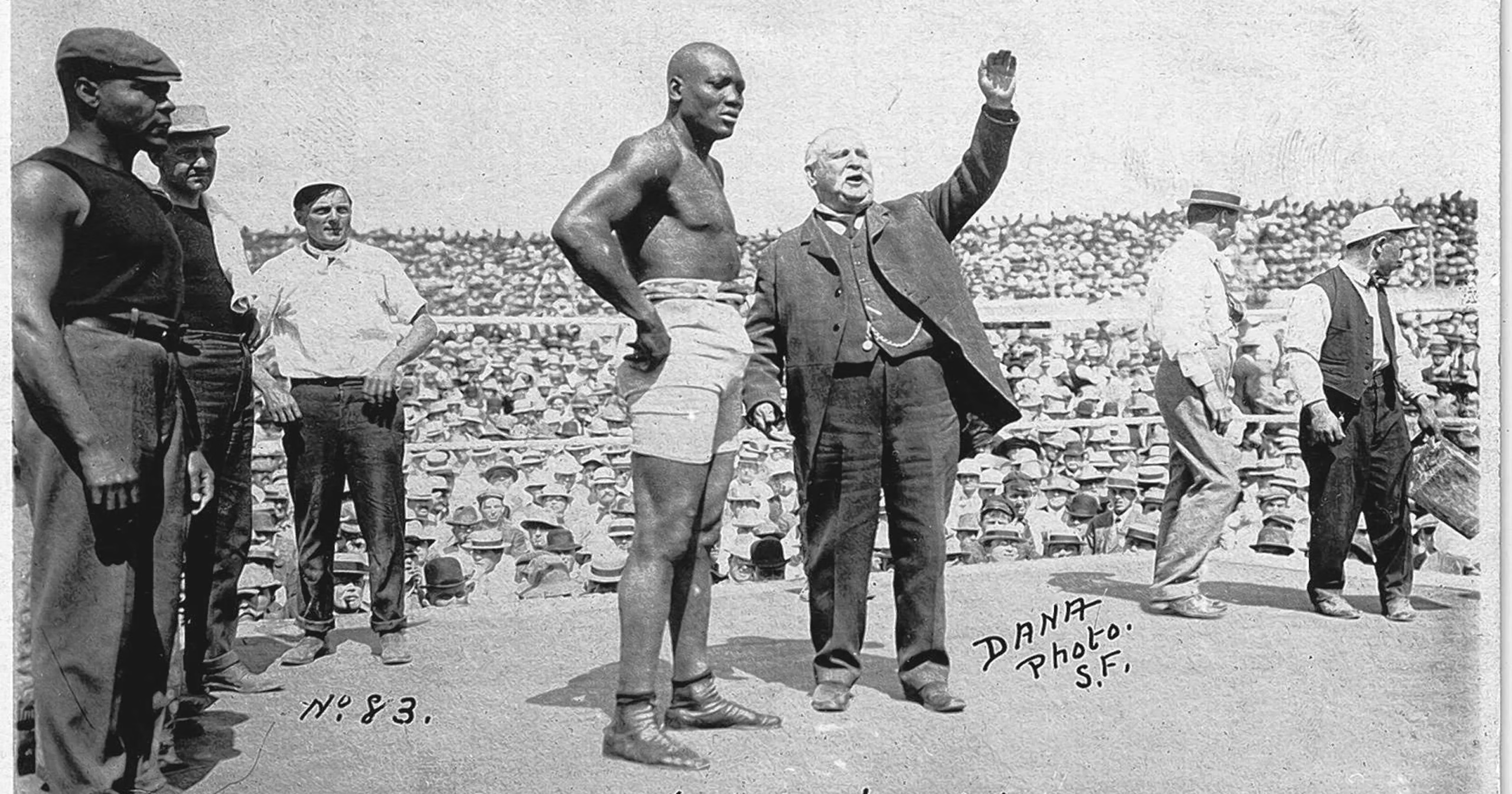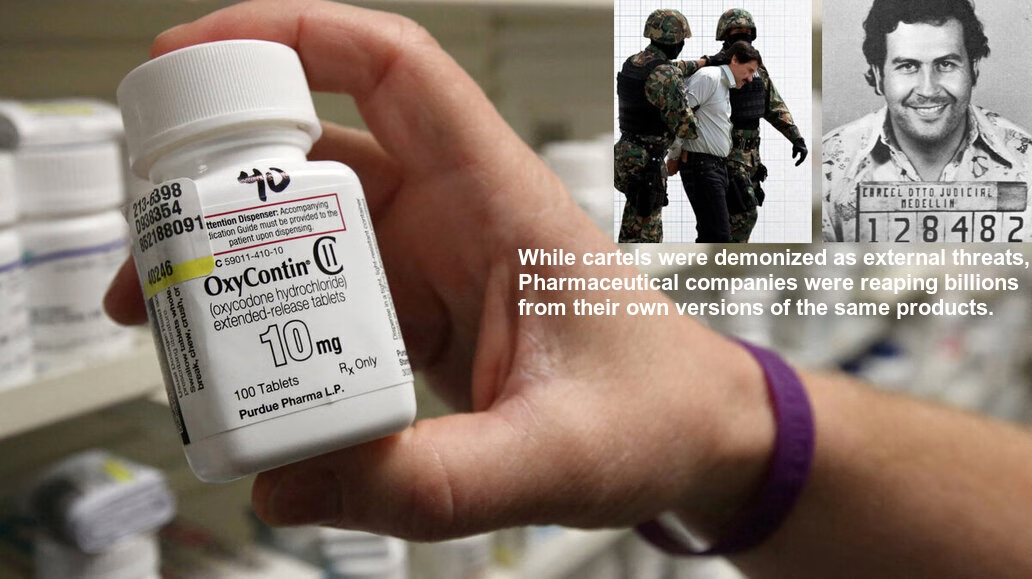By Ben Emos | Monday, September 16, 2025 | 6 min read
The United Nations Commission of Inquiry delivered a damning assessment this week, concluding that Israel has committed genocide in Gaza and that Prime Minister Benjamin Netanyahu, alongside other senior officials, bears responsibility for inciting it. The accusations, laid out in a 72-page legal analysis, immediately provoked outrage from Israeli authorities, who dismissed the findings as scandalous and politically motivated. Yet the commission’s work, led by Navi Pillay, a former judge at the International Criminal Court, represents the strongest declaration to date from an independent U.N.-mandated body that the campaign in Gaza crosses into the territory of genocide.
The report outlines in stark terms what it describes as a systematic pattern of mass killings, forced displacement, the blocking of humanitarian aid, and the destruction of critical civilian infrastructure, including a fertility clinic, as evidence of genocidal acts. “Genocide is occurring in Gaza,” Pillay said bluntly, emphasizing that responsibility rests not with faceless institutions but with Israel’s highest political and military leadership. According to her, the campaign has unfolded over nearly two years with a clear intent to destroy the Palestinian population in Gaza as a distinct group.
Although the commission operates independently and its conclusions do not constitute an official U.N. position, its findings add considerable weight to the growing number of human rights organizations and legal experts who have already argued that Israel’s actions meet the threshold of genocide. The U.N. itself has so far stopped short of adopting the term, but pressure is mounting as civilian deaths continue to climb and humanitarian conditions in Gaza worsen dramatically.
Israel is already facing a genocide case at the International Court of Justice in The Hague, where South Africa lodged a formal complaint earlier this year. The Israeli government continues to reject the charge, pointing to its right of self-defense after the October 7, 2023 Hamas attack that killed 1,200 people and led to the capture of more than 250 hostages. But the war that followed has brought catastrophic consequences. According to Gaza’s health ministry, more than 64,000 Palestinians have been killed since the offensive began, and international monitors warn that entire parts of the strip are now on the brink of famine.
The definition of genocide is laid out in the 1948 U.N. Genocide Convention, created in the aftermath of the Holocaust. It requires intent to destroy, in whole or in part, a national, ethnic, racial, or religious group, and specifies five acts that can qualify. The commission found Israel responsible for four of the five: large-scale killing, causing serious physical and mental harm, imposing living conditions designed to bring about destruction, and preventing births. These findings were based on an extensive body of evidence, including interviews with survivors, testimonies from doctors, reports from humanitarian workers, verified digital materials, and satellite images documenting the devastation.
The report also highlights how language from Israeli leaders reinforces its conclusions about intent. It cites, for example, a letter Netanyahu addressed to soldiers in November 2023, where he invoked biblical language and likened the Gaza operation to a “holy war of total annihilation.” The commission identified such statements, along with remarks by Israeli President Isaac Herzog and then-defense minister Yoav Gallant, as clear signs of dehumanization and a willingness to incite violence at the highest level of government.
Pillay, who previously presided over the U.N. tribunal on Rwanda, drew direct comparisons between the rhetoric used by Israeli leaders and what she witnessed in the buildup to the Rwandan genocide of 1994, where more than a million people were massacred. “When I look at the facts in the Rwandan genocide, it’s very, very similar to this,” she said. “You dehumanise your victims. They’re animals, and so therefore, without conscience, you can kill them.” Her words underscored a grim lesson: genocides rarely erupt overnight, but instead emerge from a process of systematic dehumanization and normalization of violence.
Israel has flatly rejected these characterizations, insisting that it is targeting Hamas rather than the Palestinian people. Officials argue that the use of strong rhetoric is meant to rally the population in the face of terrorism, not to encourage crimes against civilians. Yet critics note that the sheer scale of civilian casualties, coupled with explicit public statements that blur the line between combatants and the population at large, makes this defense increasingly untenable.
The commission’s report does not exist in a vacuum. Earlier this year, the International Court of Justice ordered Israel to take immediate steps to prevent genocidal acts and to improve the humanitarian situation in Gaza, though it stopped short of ruling definitively on whether genocide was taking place. At the time, the ICJ pointed to troubling statements by Israeli officials but did not name Netanyahu directly. The new U.N. commission report, by contrast, explicitly names the prime minister and other senior figures, leaving little ambiguity about where it believes responsibility lies.
For Palestinians in Gaza, the conclusions resonate with their lived experience of near-constant bombardment, shortages of food, water, and medicine, and the ongoing displacement of entire communities. International aid organizations have described conditions as catastrophic, with many neighborhoods reduced to rubble and families enduring trauma that will likely last for generations. The destruction of medical facilities, schools, and homes has compounded the crisis, leaving survivors with few resources to rebuild their lives even if the fighting eventually subsides.
The debate now extends far beyond the courtroom or diplomatic chambers. For many observers, the findings raise urgent moral questions about the future of international law and the willingness of global powers to enforce it. If a U.N.-mandated body concludes that genocide is underway, but the world hesitates to act, it risks weakening the very system built in the wake of World War II to prevent such atrocities from happening again.
The controversy is certain to escalate as the case at The Hague continues and as governments worldwide respond to the U.N. commission’s findings. For Netanyahu and his allies, the report is both a political and legal challenge, one that could further isolate Israel on the international stage. For Palestinians, it is a rare moment of recognition, however symbolic, of the immense suffering they continue to endure.
Whether or not the broader U.N. adopts the language of genocide, the commission’s report has already reshaped the conversation. It places Israel’s leaders squarely in the frame of accountability and confronts the international community with a choice: to act decisively or to risk repeating the failures of the past, when warnings of impending atrocities went unheeded until it was far too late.
The Disturbing Truth: Charlie Kirk’s Killer ‘Not Cooperating’ Exposes GOP Malicious Spin’
MSNBC’s Firing of Matthew Dowd Was a Cowardly Mistake and Misguided
Charlie Kirk’s Death and the Shadow of Political Violence in Trump’s America
Is Netanyahu Bombing Qatar to Deflect From Trump’s Epstein Birthday Card Controversy?
Bill Maher Is Jewish — But Keeps It Quiet to Support Israel and It’s Wars






